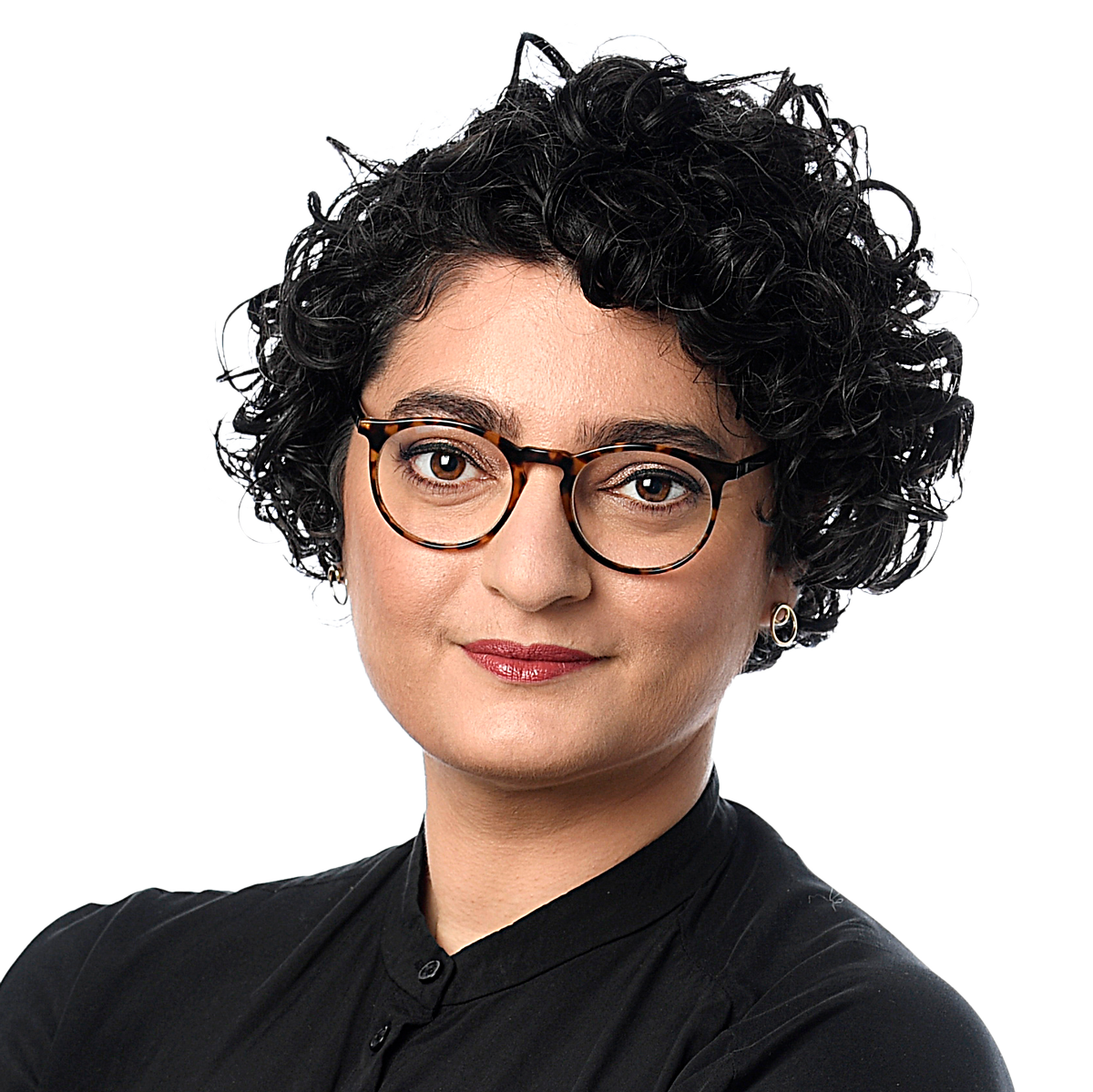
For a year, researchers at Danderyd Hospital monitored the immunity of people with the virus.
They can now see that most people still have high levels of antibodies after one year.
In addition, antibodies also act against variants of the virus.
The study began in the spring of 2020.
At that time, samples were collected from more than 2,000 employees Danderyds Hospital, where about 19 percent were found to have antibodies to sars-cov-2.
At the same time, samples were also collected from about 100 patients infected with COVID-19 who received hospital care.
After that, the group was followed up regularly.
Now, 12 months later, more than 80 percent of those who developed mild symptoms still had measurable antibody levels.
For those who received hospital care, they had measurable antibody levels one year later.
By regularly examining study participants every four months, we collected unique data illustrating the cycle over a year. In summary, we can say that we see an overall good antibody response one year after infection with mild COVID-19, says Charlotte Thalin, M.D. and study researcher at Danderyd Hospital, In a press release.
It also works against variables
The researchers also looked at the ability of the antibodies to protect against novel virus variants, and were able to see that they also bind alpha and delta variants, the two variants that now account for the majority of prevalence in Sweden and Europe.
– Charlotte Thalin says it’s reassuring to see that antibodies also bind these more infectious viral variants.
In addition, researchers see that antibody levels in those who have contracted COVID-19 increase after people are vaccinated. Therefore, they encourage everyone to get vaccinated, regardless of whether they are infected or not.
They state that the antibodies appear to be long lasting and should not be interpreted to mean that it is now possible to stop following recommendations.
Despite this positive message, it is important that everyone continue to follow the recommendations of the authorities, and get vaccinated regardless of whether they have covid-19 or not. We see antibody levels in those who have previously been infected with COVID-19 rise significantly after vaccination, and we don’t yet know how levels correlate with duration of protection,” says Sebastian Haverval, assistant chief medical officer at Danderyd Hospital and a doctoral student at Danderyd Hospital. The project.
Continue to study vaccination
The study was conducted and carried out in close collaboration between Danderyd Hospital, chair of Karolinska Institutet, Royal Institute of Technology, SciLifeLab Research Laboratory, Uppsala University and the Swedish Public Health Agency.
The researchers will now continue to follow the participants.
The following samples will be taken in August/September when most participants are likely to be vaccinated. We will continue to compare the immune system after natural infection and after vaccination, as well as look at the immune response to different types and combinations of vaccines. The study group is unique and we will continue to follow participants with continuous sampling in the future, says Charlotte Thalin.

“Extreme tv maven. Beer fanatic. Friendly bacon fan. Communicator. Wannabe travel expert.”








More Stories
Why Rare Earth Metals for Electric Cars Are Crucial for Modern Mobility
“We want to promote critical rules approach”
“A lot happened during the trip,” Jönköping County Council